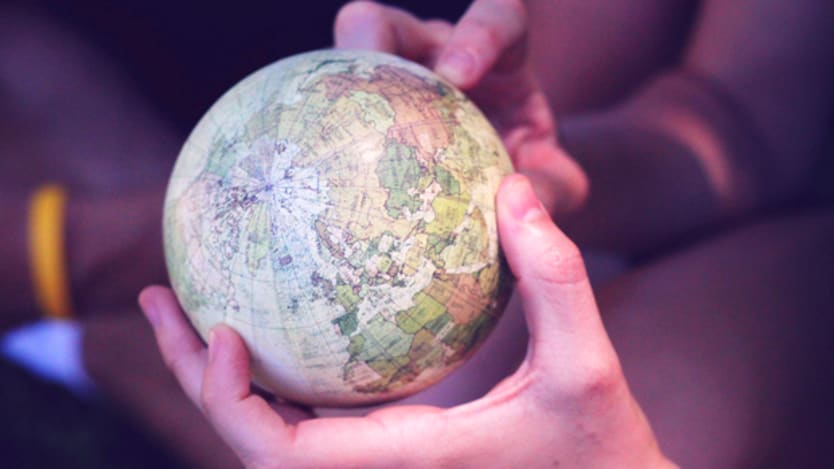
We can be proud of progress made since 198 world leaders signed up to the Millennium Development Goals.
In the 14 years since the goals were launched, we have seen the fastest reduction in poverty in human history. Remarkably, the world has managed to reduce extreme poverty by half. There were 700 million fewer people living in extreme poverty by 2010 than 20 years previously. This is real cause for celebration.
This is not the only success. When I travel to the more than 90 countries where Oxfam works, I see more girls in school, significant advances in the fight against malaria and tuberculosis, and child mortality falling.
The MDGs have rallied civil society, governments and donors behind a common purpose and ambition, and inspired these successes.
However, there is a lot of work ahead: 1.2 billion people remain in extreme poverty, and the challenges of climate change and inequality are threatening to undo the significant progress that has been made.
There is growing consensus that rising and extreme inequality is harmful to us all — undermining growth, corroding social stability and robbing the poorest people of the support they need to improve their lives. Wealth and power concentrated in the hands of a few means that the voices of the poorest go unheard, while gender-based discrimination denies women and girls their rights and opportunity to realize their full potential.
Strong development, growth that is inclusive and women's rights are fundamentally bound together. Yet in both developing and developed countries, women continue to hold less secure jobs, receive lower pay and bear a disproportionate share of unpaid care work.
At the same time, environmental disasters are increasingly reversing development gains by destroying livelihoods and infrastructure, displacing entire populations and threatening ecosystems. The number of reported disasters is increasing in accordance with projections of accelerating climate change. And as climate change devastates crops and livelihoods, it undoes poor people's efforts to feed their families.
These threats must be tackled head-on. The challenges are daunting, but the solutions are within our grasp. Eradicating poverty and inequality, removing barriers to rights and opportunities for women, and all the while living within the boundaries of our planet’s natural resources must be the basis of the global development framework replacing the MDGs after 2015.
For these reasons, the future framework for global development should include goals dedicated to eradicating extreme economic inequality, achieving gender equality and addressing climate change.
We are at a unique moment in history. The eradication of poverty is within our reach, as is a more sustainable and equitable world.
The great injustices of our time — inequality and climate change — must now be tackled with the necessary urgency. If we get this right, millions of lives will be transformed.
Aug. 18, 2014, marks the 500-day milestone until the target date to achieve the Millennium Development Goals. Join Devex, in partnership with the United Nations Foundation, to raise awareness of the progress made through the MDGs and to rally to continue the momentum. Check out our Storify page and tweet us using #MDGmomentum.
Join the Devex community and access more in-depth analysis, breaking news and business advice — and a host of other services — on international development, humanitarian aid and global health.








